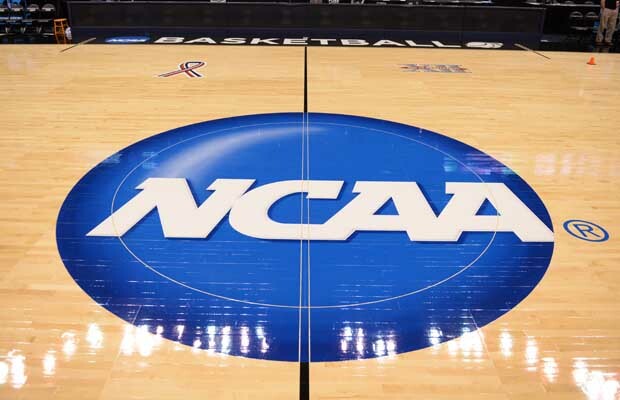
The NCAA is Slowly Adapting to New Sports Betting Laws
The National Collegiate Athletic Association (NCAA) is looking to adapt to the rapidly changing sports betting laws in the United States by adopting new policies for venues looking to host its games.
The NCAA is an organization dealing with college level sports. It covers a wide range of games, sports and events from the country’s biggest college teams, attracting millions of supporters every week and rivaling the NFL in terms of sheer profitability and spectatorship.
As a result, these law changes will no doubt be monitored closely by entertainment venues throughout the country.
A Potential Ban
Although the NCAA is a big organization, it’s not quite as commercial as the leagues like the NBA and the NFL, with restrictions on how players can advertise themselves and profit from sponsorship. They have also been strict with licensing in the past, so it came as little surprise when they recently announced that they may ban all advertising relating to gambling during NCAA games.
This suggestion was recently announced to coincide with the launch of Division I Men’s Basketball.
It is not entirely unexpected, as the NCAA previously banned venues from hosting NCAA events if they resided in a state where sports betting was legal, which at the time applied only to the state of Nevada. These days, however, many other states allow sports betting, making this an unrealistic rule and one that the NCAA has since suspended.
Remaining Wary
Despite lifting the aforementioned ban, the NCAA remains wary of states that allow sports betting and the venues that offer it. They are actively trying to avoid bringing their big events to states where gambling is allowed.
The NCAA is also looking at measures that would take a more proactive stance on suspending sports betting on NCAA events. They are not in a position that will allow them to ban gambling on NCAA games, but they can request that these venues suspend all sports betting operations until after the games have taken place and are apparently seeking advice on doing just that.
In the mean time, players can still bet on NCAA games in applicable states and venues, but this may prove difficult in the future, especially if the NCAA continues in its fight against this activity.
For now, however, the NCAA has been relatively tight-lipped about its plans and has also relaxed some previously strict laws. In the near future we could see certain NCAA events being held in states where sports betting is allowed, including their March Madness spectacle, but whether this continues to be the case or not remains to be seen.
According to Joni Comstock, the Senior VP for the NCAA, this issue will be raised at future Board of Governor meetings. Comstock also noted that players and coaches have been warned away from sports betting and from connecting themselves and their teams with this activity in any way.










